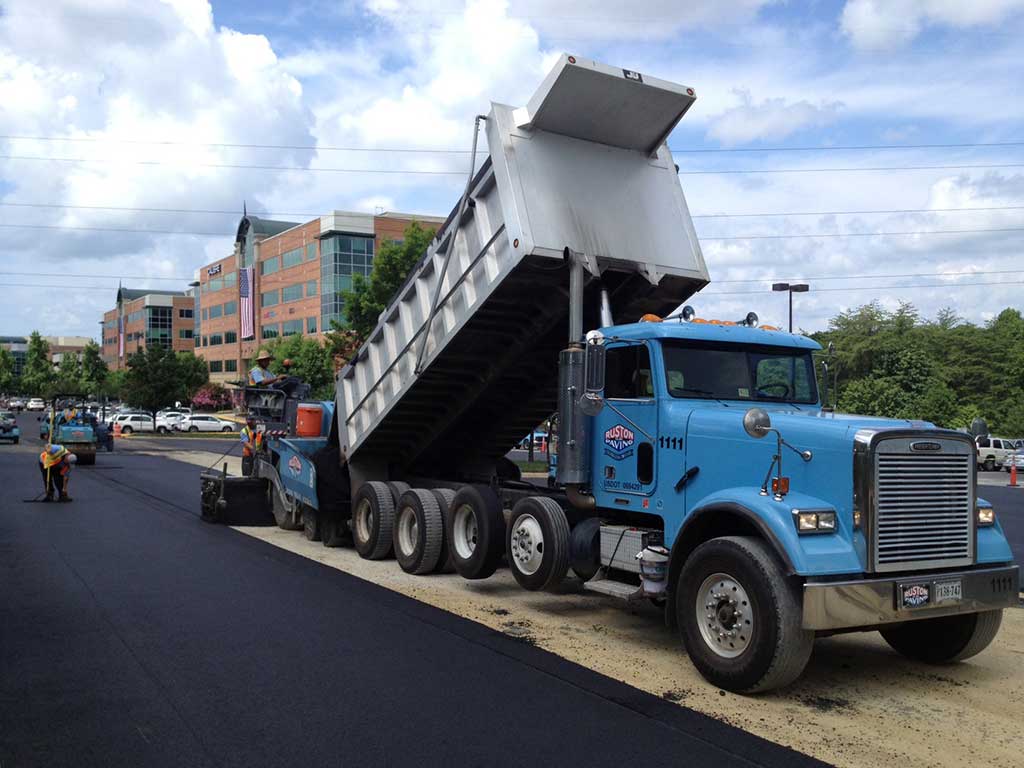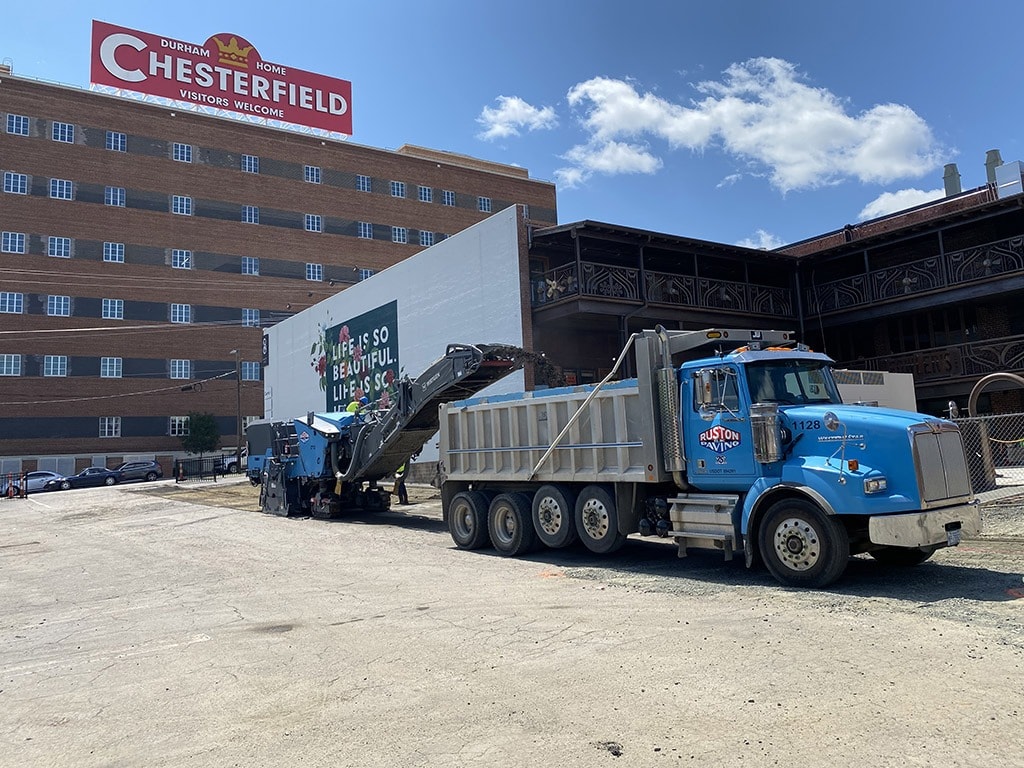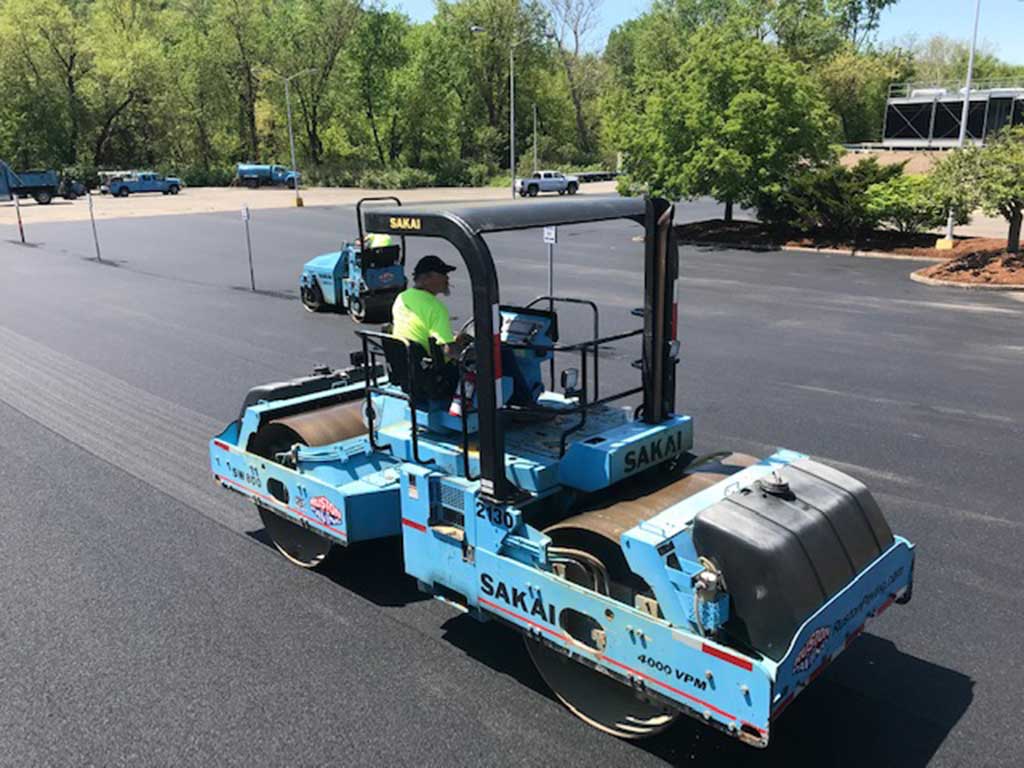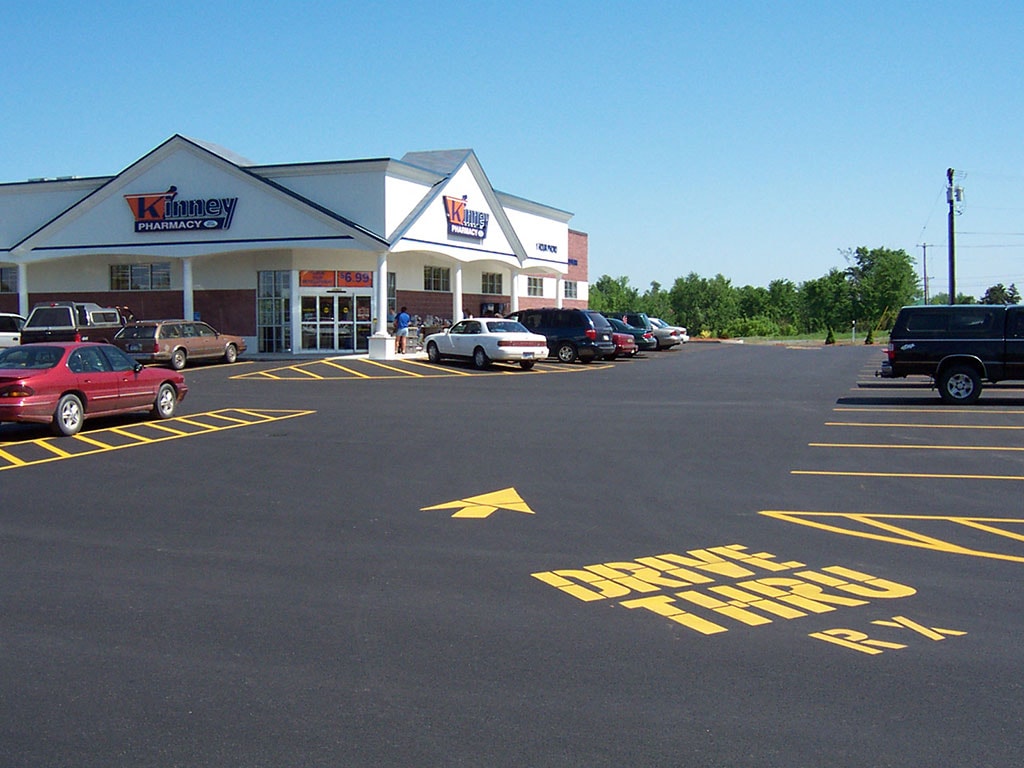Introduction to Asphalt
Asphalt, also known as bitumen, is a versatile and widely used material in construction and road infrastructure. It is a semi-solid, sticky, and black substance derived from the distillation of crude oil. Asphalt plays a crucial role in modern transportation and construction, thanks to its durability, waterproofing properties, and ease of application. In this comprehensive guide, we will explore the history, uses, production, and recycling of asphalt.

History of Asphalt
The use of asphalt dates back thousands of years, with its origins traced to ancient civilizations. The ancient Babylonians and Egyptians used naturally occurring asphalt deposits to waterproof their structures and roads. In the 19th century, the discovery of vast asphalt deposits in the La Brea Tar Pits in Los Angeles, California, marked a significant development in the asphalt industry. The refinement and widespread use of asphalt in road construction began during the 20th century, leading to the modern road network we have today.
Uses of Asphalt
Asphalt is employed in a wide range of applications, from roofing to waterproofing, primarily due to its adhesive and waterproofing properties. Some of its common uses include:
Asphalt Pavement
Asphalt is a primary material used in the construction of roads, highways, pavements, and even airport runways. Asphalt pavement is supported by multiple layers, including hot-mix asphalt, a mixture of asphalt, aggregates (such as crushed stone and sand), and filler. This mixture is adjusted for the expected traffic volume of road surfaces to provide its durability and ability to withstand heavy traffic.

Asphalt Roofing
Asphalt is used in the manufacturing of roofing materials, such as asphalt shingles and roofing felt. These materials provide weatherproofing and insulation for buildings.
Pavement Maintenance
Asphalt is used for resurfacing and maintaining existing road surfaces. Techniques like asphalt overlays and patching are employed to extend the lifespan of roads and repair damage.
Waterproofing
Asphalt's waterproofing qualities make it ideal for sealing basements, tunnels, and other underground structures. It prevents water infiltration and protects against corrosion.
Asphalt Sports Surfaces
Asphalt is used in the construction of sports surfaces, including tennis courts and basketball courts, due to its smooth and resilient surface.
Industrial Flooring
In industrial settings, asphalt is used to create durable and resistant flooring that can withstand heavy machinery and chemical exposure.
Production of Asphalt
The production of asphalt involves refining crude oil through a process known as distillation. Here are the key steps in asphalt production:
- Crude Oil Distillation: Crude oil is heated in a distillation tower, where it separates into various components based on their boiling points. Asphalt is one of the heavier fractions obtained during this process.
- Blending: The asphalt is often blended with various additives and aggregates to create different types of asphalt mixtures suited for specific applications. For road construction, it is mixed with aggregates and filler materials to create asphalt concrete.
- Heating and Mixing: The asphalt and aggregates are heated and mixed in an asphalt plant to create a uniform mixture. The temperature is carefully controlled to ensure proper viscosity and workability.
- Transportation and Application: The hot asphalt mixture is transported to the construction site in specialized trucks and then applied using paving equipment. It is spread and compacted to create a smooth, durable surface.
How is Asphalt Recycled?
Asphalt recycling is an eco-friendly and cost-effective practice that conserves natural resources and reduces waste. The recycling process involves the following steps:

Milling
The existing asphalt pavement is milled or removed to a certain depth, leaving the base intact.
Crushing
The milled asphalt is crushed into smaller pieces, called Recycled Asphalt Pavement or Reclaimed Asphalt Pavement (RAP).
Mixing
RAP is combined with new asphalt binder and aggregates at an asphalt plant. This mix is often referred to as recycled asphalt mix (RAM).
Production
The RAM is produced just like traditional asphalt mix, with heating, mixing, and quality control processes. It is then mixed with other ingredients like aggregates, asphalt binder, and filler materials to create hot mix asphalt or warm mix asphalt.
Paving
The recycled asphalt mix is paved onto the road surface, and the same equipment used for conventional asphalt is employed.
Performance
Mixes containing properly recycled asphalt pavement can perform as well as, or even better than mixes containing only virgin aggregate, reducing costs and environmental impact.
In conclusion, asphalt is a crucial material in construction and road infrastructure, with a rich history and a wide range of applications. Its production involves the distillation of crude oil, while recycling processes help reduce waste and environmental impact. Asphalt's versatility, durability, and waterproofing properties continue to make it an indispensable component of modern infrastructure.
Preparing a Site for Asphalt Pavement and Installing it Step-by-Step
Asphalt paving is a complex process that involves several key steps to ensure a smooth, durable, and long-lasting surface. Let's break it down with a detailed explanation of the process of preparing a site for asphalt pavement and installing it.
1. Site Preparation
a. Clearing and Grading:
- Clear the construction area of all vegetation, debris, and obstacles. This includes trees, shrubs, rocks, and any existing pavement or structures.
- Grade the surface to establish the desired slope and profile. Proper grading ensures proper drainage and a level foundation for the asphalt.
b. Subbase Preparation:
- Excavate the area to the required depth to remove poor-quality soil or unsuitable materials.
- Add and compact a layer of aggregate, often referred to as the subbase or base course. This provides a stable foundation for the asphalt pavement and enhances drainage. This subbase is commonly crushed rock or crushed stone and plays a very important role in spreading the load across the pavement structure.
2. Installation of Drainage Systems
Install drainage systems such as culverts, ditches, or surface drains to prevent water from pooling on the asphalt surface if necessary. Proper drainage is crucial for the longevity of the pavement. If no drainage system can be installed, it is important to ensure the surface is properly sloped so water will run off the asphalt pavement.
3. Application of a Tack Coat
Tack coat, which is a thin layer of asphalt emulsion, should be applied to an existing asphalt surface to bond it to a new asphalt layer, ensuring adhesion.
4. Asphalt Mix Production
Asphalt mix is produced at an asphalt plant, where aggregates (such as stone and sand) and asphalt binder are heated and mixed to the specified temperature and consistency. The resulting hot mix asphalt (HMA) is transported to the construction site.
5. Paving Process
a. Material Transfer:
- Use specialized trucks to transport the hot mix asphalt to the construction site. These trucks have insulated containers to maintain the asphalt's temperature
b. Initial Placement:
- Dump the asphalt mixture into the hopper of the asphalt paver. The paver spreads the asphalt evenly to the required thickness and width.
c. Compaction:
- A series of compaction rollers follow the paver to compact the asphalt mixture. Compaction ensures proper density, durability, and smoothness of the surface. Different types of rollers, including vibratory and static rollers, are used depending on the project's requirements.
d. Joint Formation:
- Create joints at the edges of the pavement and at regular intervals to control cracking. These joints can be constructed as expansion joints or with specialized joint-cutting equipment.
6. Surface Finishing
After compaction, the asphalt surface may be further refined for a smooth, even texture. This can involve using a double drum roller or a rubber-tired roller.
7. Quality Control
Throughout the process, quality control measures are implemented to ensure the asphalt meets the specified requirements for thickness, density, and smoothness. Samples may be taken for testing.
8. Curing
Allow the newly installed asphalt to cool and cure. This process may take several hours or even days, depending on environmental conditions. During this time, the asphalt hardens and gains strength.
9. Marking and Striping
If the project involves road markings, stripes, or other pavement markings, these are applied after the asphalt has fully cured.
10. Clean-up
Clean up the construction site by removing any excess materials, equipment, and debris. Proper site cleanup is essential for safety and aesthetics.
Regular Maintenance
Once the asphalt has fully cured, it is important to establish a regular maintenance schedule, which may include sealing cracks, filling potholes, and resealing the surface to extend the pavement's lifespan.
Properly preparing a site for asphalt paving and following these steps for laying it down ensures durable and long-lasting asphalt surfaces that can withstand the rigors of traffic and weather conditions.
Top Paving Contractors
In the world of asphalt paving, the choices you make today can have a lasting impact on your infrastructure and the environment. At Ruston Paving, with offices in Virginia, New York, and North Carolina, we are not just a paving company; we are your partners in building a smoother, more sustainable future. Whether you need asphalt milling, full-depth reclamation, or asphalt paving, we've got you covered. Our commitment to quality, innovation, and eco-friendly practices ensures that your projects are not only built to last but also contribute to a greener tomorrow.
Ready to transform your pavements and roadways? Contact Ruston Paving today, and let's pave the way forward together. Whether you're in VA, MD, DC, NY, or NC, we're here to provide you with top-notch asphalt solutions that stand the test of time. Let's get started on your next asphalt project and make a positive impact on your community and the environment. Get in touch with Ruston Paving today via our online contact form and experience the difference our expertise and commitment can make. Your journey to smoother, more sustainable surfaces begins here. Give us a call at (800) 727-6223 to speak with one of our paving experts.



